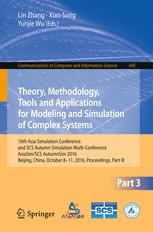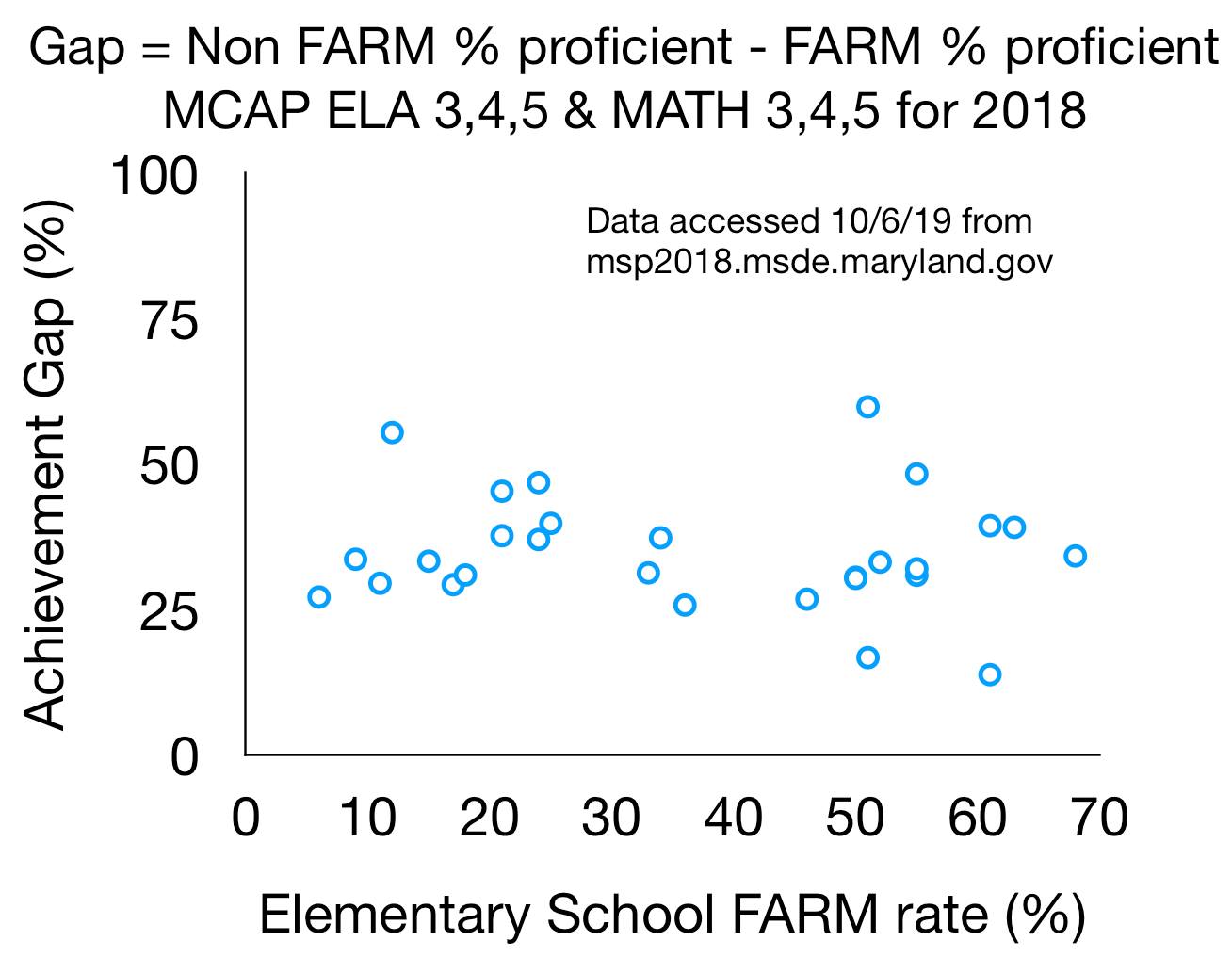MCAT-prep.com has designed these free MCAT sample questions to give you a taste of the degree of reasoning required for the exam, though some basic knowledge is expected. However, it is not the purpose of these free MCAT practice questions to serve as exposure to the timing or formatting of the exam. The latter is best reserved for full-length. The Maryland Comprehensive Assessment Program (MCAP) assessments of Maryland College and Career Ready Standards (MCCRS) will build a pathway to college and career readiness by the end of high school, mark students’ progress toward this goal from grade 3 through high school, and provide teachers with timely information to inform instruction and provide student support.
The Medical College Admission Exam (MCAT) is widely considered to be one of the most difficult academic tests in existence. It is the official test a person must pass in order to be admitted to a school of medicine in the United States. Some medical colleges in Canada also use the exam.
Developed and overseen by the Association of American Medical Colleges, it is given approximately 14 times per year at Prometric Testing Centers, which are located in cities all across America. The MCAT has been in use for over 75 years, and every year over 70,000 people take the exam, even though there are only about 20,000 openings for new medical students each year in America.
The MCAT has recently undergone some significant changes. For one thing, it now takes nearly eight hours to complete the exam (the old one took around five hours).
Second, the essay, or Writing Sample, has been completely scrapped; medical education experts said it was no longer very useful at predicting success in medical school.
Third, an entirely new section has been added, in order to find out which test takers have the aptitudes and understanding needed to deliver medical services across many cultures and sociological groups.

This section was added because, due to the rapid and massive demographic changes taking place in America, becoming an MD these days requires skills that physicians of former generations never needed. Lastly, the old MCAT was offered 25 times a year, but the new MCAT is only offered 14 times a year.
There are four sections on the exam:
- Critical Analysis and Reasoning Skills (53 questions/90 minute time limit)
- Biological and Biochemical Foundations of Living Systems (59 questions/95 minute time limit)
- Chemical and Physical Foundations of Biological Systems (59 questions/95 minute time limit)
- the new section, Psychological, Social, and Biological Foundations of Behavior (59 questions/95 minute time limit)
MCAT Prep and Review
Watch this video on YouTube
All questions are multiple-choice. The MCAT is not an adaptive test, which means that a student can’t shorten the length of the test by answering harder questions correctly. Each section is scored separately, and these scores are combined to create a total score Section scores range from 118 to 132, and total scores range from 472 to 528.
Most students take the MCAT in their junior or senior year of college. It’s important to take it in time to have the scores available when one begins applying to medical schools, but it’s also important not to take the test before one is ready, as a low score will be a serious handicap when it comes to winning admission to medical school.

Because the number of medical school openings every year is very limited, and is dwarfed by the number of people wanting to enroll, the admissions process is very selective. At elite medical schools, the process is extremely selective, and only those students with both MCAT scores and grade point averages in the highest echelons have a chance of being admitted.
Competition is fierce, and it gets tougher every year. There may be some relief in sight, as there is talk of several more medical schools opening in the not too distant future. If that actually comes to pass, getting into medical school might become a little less difficult. Even then, though, it won’t be easy, and the best way of maximizing one’s chances will still be to earn a high score on the MCAT.
MCAT Study Guide

Explore our free MCAT review provided by Mometrix. Check out our premium MCAT study guide to take your studying to the next level. If you benefit from these materials, just click the link below! To compliment our MCAT book, we also offer extensive MCAT flashcards for even more MCAT test prep help. We hope you enjoy our products! Your purchase helps us make more great, free MCAT certification content for test-takers just like yourself.
Self-Assessment Modules
The Scenario: A patient named Sam entered the Emergency Department (ED) with abdominal pain. He was triaged and escorted to a treatment room. After an assessment, examination, lab tests and imaging, it was determined Sam had appendicitis. He was scheduled for surgery the next morning for an appendectomy. Susan, the utilization review nurse, analyzed Sam’s electronic medical record the next morning. Susan asked herself, “Is the surgery medically necessary?” and “Can it be performed safely in an ambulatory setting or does it require an inpatient admission?”
According to the Centers for Medicare & Medicaid Services Glossary (2016), medical necessity is defined as “services or supplies that: are proper and needed for the diagnosis or treatment of a medical condition, are provided for the diagnosis, direct care, and treatment of a medical condition, meet the standards of good medical practice in the local area, and aren’t mainly for the convenience of the patient or doctor.”
An Introduction to Utilization Review
Healthcare has changed drastically in the last 100 years. Healthcare costs continue to rise, quality of care is questioned, and chronic diseases are evident now more than ever before. These challenges must be addressed by the industry, and effective solutions are a must.
Utilization review (UR) is one solution to the obstacles we face today in the healthcare industry. Utilization review is a method used to match the patient’s clinical picture and care interventions to evidence-based criteria such as MCG care guidelines. This criteria helps to guide the utilization review nurse in determining the appropriate care setting for all levels of services across the arc of patient care.
History of Utilization Review
Due to rising costs after the induction of health insurance in the 1960s, President Lyndon B. Johnson and the U.S. Congress responded with programs we now call Medicare and Medicaid. Medicare/Medicaid allowed for reimbursement to the physician for a reasonable and customary charge. Due to rising costs, and the offering of healthcare insurance from employers to employees, utilization review was presented.

Utilization review, as a process, was introduced in the 1960s to reduce overutilization of resources and identify waste. The utilization review function was initially performed by registered nurses (RNs) in the acute hospital setting. The skillset gained popularity within the health insurance industry, mainly due to growing research about medical necessity, misuse, and overutilization of services. Therefore, health plans began to review claims for medical necessity, and the hospital length of stay (LOS). To contain costs, some health plans required the physician to certify the admission and any subsequent days after the admission.
Utilization Review Process
There are three activities within the utilization review process: prospective, concurrent and retrospective.
- Prospective review includes the review of medical necessity for the performance of services or scheduled procedures before admission.
- Concurrent reviews include a review of medical necessity decisions made while the patient is currently in an acute or post-acute setting.
- Retrospective reviews involve a review of coverage after treatment is provided.
The complete utilization review process consists of precertification, continued stay review, and transition of care.
When a patient is admitted to the facility, a first level review is conducted for appropriateness; this includes medical necessity, continued stay, level of care, potential delays in care and progression of care.
Medical necessity determines whether the hospital admission is appropriate, justifiable and reimbursable. Continued stay determines if each day of the stay is necessary and if the level of care is appropriate for that day. Level of care determination identifies the most appropriate and needed level of care such as intensive or intermediate versus a medical-surgical floor level of care. System delays are assessed and monitored to identify any potentially avoidable delays in care.
Progression of care, utilizing the guideline’s Optimal Recovery Course, moves the patient through the continuum of care without delays and determines if services are appropriate, justifiable and reimbursable.
Applying the activities within the utilization review process, the nurse must accurately document the medical necessity and level of care based on evidenced-based criteria (such as MCG). The chart documentation must display the patient’s current condition, and why the condition cannot be safely treated outpatient, and the risk associated if care is not provided at that level of care.
In conclusion, although this is an overview of the utilization review technique, it is important to note the process includes other methods such as physician second level review, CMS regulatory requirements, and in some cases clinical documentation improvement. Today, utilization review is one method used to demonstrate the quality of care and protect revenue integrity. Because quality and costs are of paramount importance, utilization review nurses must possess clinical judgment and critical thinking skills to proactively mitigate overutilization and misuse of resources.
– India Watson, RN, MSN, BSN, CCM, CTT+ (June 21, 2018)
The information contained in this article concerns the MCG care guidelines in the specified edition and as of the date of publication, and may not reflect revisions made to the guidelines or any other developments in the subject matter after the publication date of the article.
Image courtesy Shutterstock/Monkey Business Images
References:
Daniels, S. & Hirsch, R. (2015). The Hospital Guide to Contemporary Utilization Review. HCPro.

Princeton Review Ap Calculus Pdf
Cesta, T. G., & Tahan, H. M. (2017). The case managers survival guide: Winning strategies in the new healthcare environment (Third ed.). Lancaster, PA: Destech Publications.
Centers for Medicare & Medicaid Services Glossary (2016, 0514) Retrieved from https://www.cms.gov/apps/glossary/default.asp?Letter=M&Language=English
Princeton Review Ap Calculus Bc Pdf
If you are an MCG client, log into the MCG Community to discuss this blog with other members. If you’re not yet a member of our Community, sign up here.
Princeton Review Ap Calculus Bc
Comments are closed.